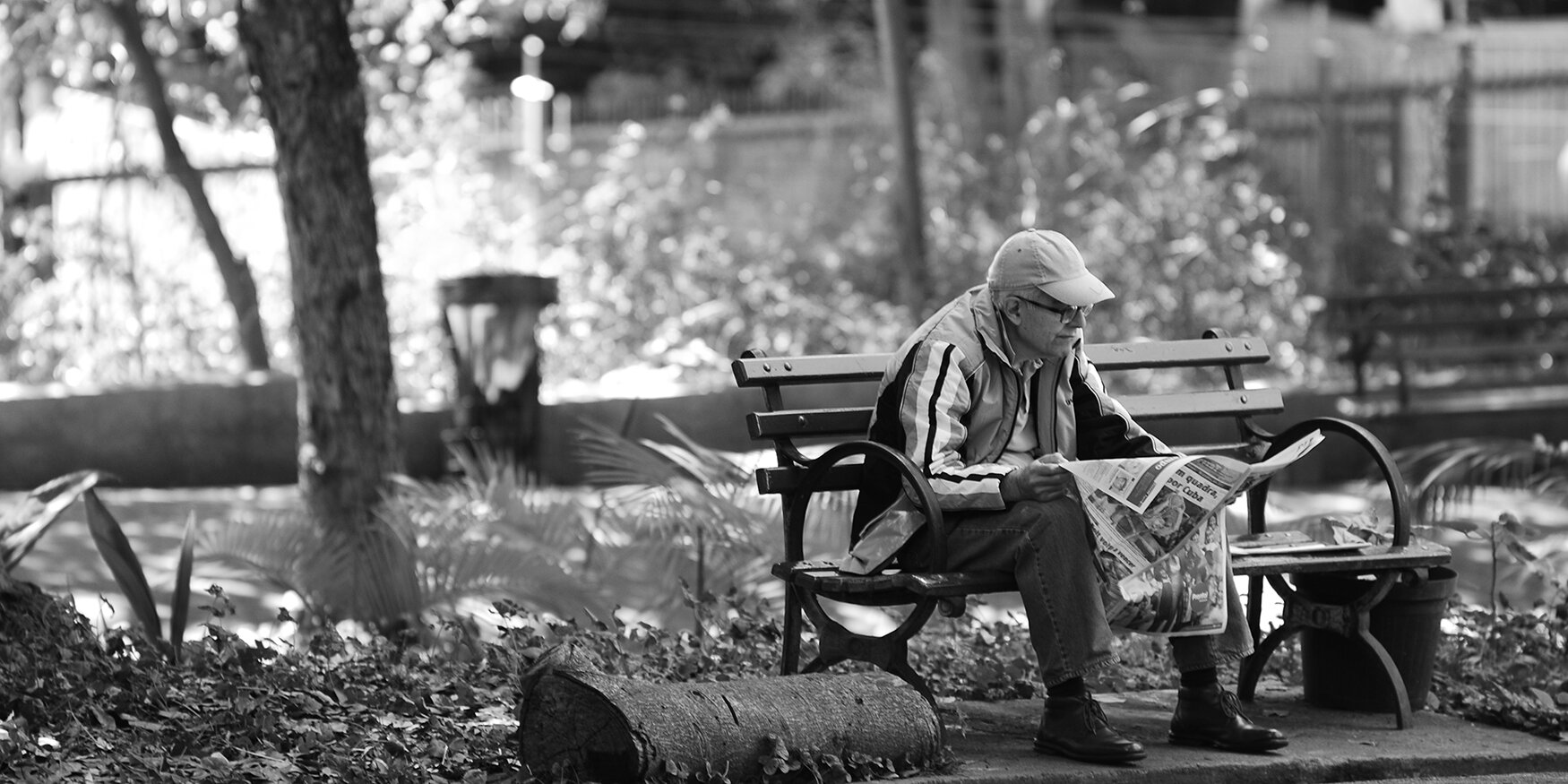Big If True: Nestle Considering Blue Bottle Coffee Sale
It's the Coffee News Roundup: Week Ending December 5th

Hello and welcome to another edition of the Coffee News Roundup, this week brought to you by the 3 inches of rain we are forecast to receive here in southeast Michigan over the weekend.
It’s January, so we should be dealing with snow right now, but with temperatures hovering stubbornly over 40 degrees it looks like this is going to be the new normal hereabouts.
Of course, the climate crisis will impact us all differently, and there are places around the world that would doubtless give anything for a bit of rain right about now, but that doesn’t stop the dull sense of unease I feel every time I look outside. There were trees budding last week! That doesn’t seem good!
Anyway, coffee.
This seems like a cool tool. It might be fun to drink a cup of coffee, then look up the exact farmer who grew those beans. That might be interesting for me, a person who is some might say excessively interested in coffee.

But on a wider scale, the question this begs is: Why?
Blockchain is, on the face of it, a useful tool to help farmers keep more of the money that their labor produces. It can lower costs, increase transparency, and improve efficiency within the supply chain.
But, this doesn’t do that. This just lets customers, should they feel like it, look up information about the producer that grew their coffee.
Which is fun if you’re a coffee geek or otherwise interested in the coffee supply chain, but does it help the farmer? Could the (presumably) millions of R&D dollars IBM have put into this tool have been better used elsewhere?
According to IBM, the app promises to “allow coffee drinkers to trace their coffee to understand its quality and origin, and even support the farmer who grew the beans.”
Support? So is it similar to that Propina app, where customers could “tip” the farmer (presumably instead of, as Sprudge opined, tipping the barista)? That’s just moving money around the supply chain, not adding any new money.
Also, and this might be unfair, but I just can’t picture the Folgers drinker who, after drinking their morning brew, is going to want to look up the exact farmer who grew the coffee.
How is that even possible? Does JM Smucker, even for their “premium” brand 1850, buy directly from individual farmers? And assuming it’s feasible to track down the Folgers farmer, then what? What does the consumer do with that information?
Apparently it “humanizes” your relationship with your daily coffee. At least, that’s what the founder of Farmer Connect said in the press release.
Look, I don’t know. It’s really odd.
You probably don’t need me to tell you about the devastating bushfires that are still raging across Australia, destroying vast swathes of the country and affecting or killing upwards of a billion animals. It’s horrific, apocalyptic stuff. And it’s not going to end anytime soon.
It can be hard, in these situations, to know what to do as an onlooker in another country. The coffee world, as it often does, has decided to take action by raising money for those affected and to help the ongoing firefighting efforts.
It began with local Australian cafes, which have been donating proceeds while baristas have been offering up their tips, and has now spread to other countries around the world.
As Sprudge notes, “If there aren’t any events happening locally and you have the money to spare, consider donating directly to the Australian Red Cross, the New South Wales Rural Fire Service, or the Brigades Donation Fund.”
Remember those “robots are coming to take barista jobs” stories that came out around the time of Cafe X’s launch?

Well, it appears that those fears (if they were genuine, which I doubt they were) were unfounded, at least in the real world.
According to SFGate, citing the San Francisco Chronicle which in turn cited a Twitter thread because that’s the world we live in, Cafe X closed down three of its San Francisco locations “abruptly”.
Apparently the company is shifting its focus to airports, which makes sense because airports are a weird world unto themselves, cocooned outside of time and space, so a giant robotic arm making tiny lattes doesn’t seem so strange there.
Also, how humiliating must it be for a giant robotic arm (I’m assuming it has consciousness, because why not) to be making lattes instead of, I don’t know, building space lasers or submarines.
And to close, you have to love this aside from the end of the article, where the writer muses on the benefits of robot cafes: “Oh, and you don't have to tip robots.”
Hmm.
My only reason to include this story is to note that “chocolate coffee peanut butter nitro porter” is hilarious and sounds exactly like the beer-making equivalent of a click-bait news story headline. Just stuff as many semi-related words into a beverage and maybe people will buy it.
That being said, it does sound delicious.
Does that IBM blockchain app count? It feels rather greenwashy.
If that’s not enough, how about this heartwarming story about Nespresso partnering with a national park in Mozambique as part of its definitely-not-bullshit-marketing-campaign Reviving Origins. Apparently, Nespresso will “promote the local coffee industry” and “revive the coffee production in Mozambique”.
According to the article in Global Coffee Report, Nespresso will “support coffee farmers in the Gorongosa National Park to increase the quality of their coffee, promote sustainable farming practices and agroforestry, while improving farmer’s livelihoods through capacity and skills building.”
Cool. What does that mean? Nespresso’s Reviving Origins project is going to spend $10.3 million over five years (insert eye roll emoji here), spread across a number of countries. How much is being spent in Mozambique?
Doesn’t matter! Don’t worry about it! Just listen to the soothing words of Jean-Marc Duvoisin, former Nespresso CEO and current Senior Vice President Strategic Business Partnerships, Joint Ventures and Brand Licensing at Nestlé (good lord): “We will work directly with coffee farmers to help establish a high-quality coffee supply that will increase economic opportunities in this region while giving our consumers a unique coffee experience”.
Utter meaningless drivel.
Well, it doesn’t impact insulin sensitivity, so that’s something. The study, published in the American Journal of Clinical Nutrition, gave participants, who were overweight but not insulin sensitive, either four cups of regular or decaf instant coffee per day over 24 weeks. No significant change in insulin sensitivity was noted during the trial, and also those who drank regular coffee “experienced a loss of fat mass” which the authors found interesting.
How meaningful is this study? I have no idea. But at the very least, according to the study authors, “Coffee consumption was associated with a modest loss in body fat mass compared with the placebo beverage, and this potential impact on adiposity warrants confirmation in additional trials.”

The Not-So-New Wave Of Barista-Led Activism by Mark Van Streefkerk
Cafés Owned And Run By Women Of Color by Katrina Yentch
South LA Cafe Balances Coffee And Community In A Changing Neighborhood by Me!
The Best Coffee Makers, According To Baristas And Roasters by Diane Chang and David Notis
A newsletter about coffee—its culture, politics, and how it connects to the wider world.